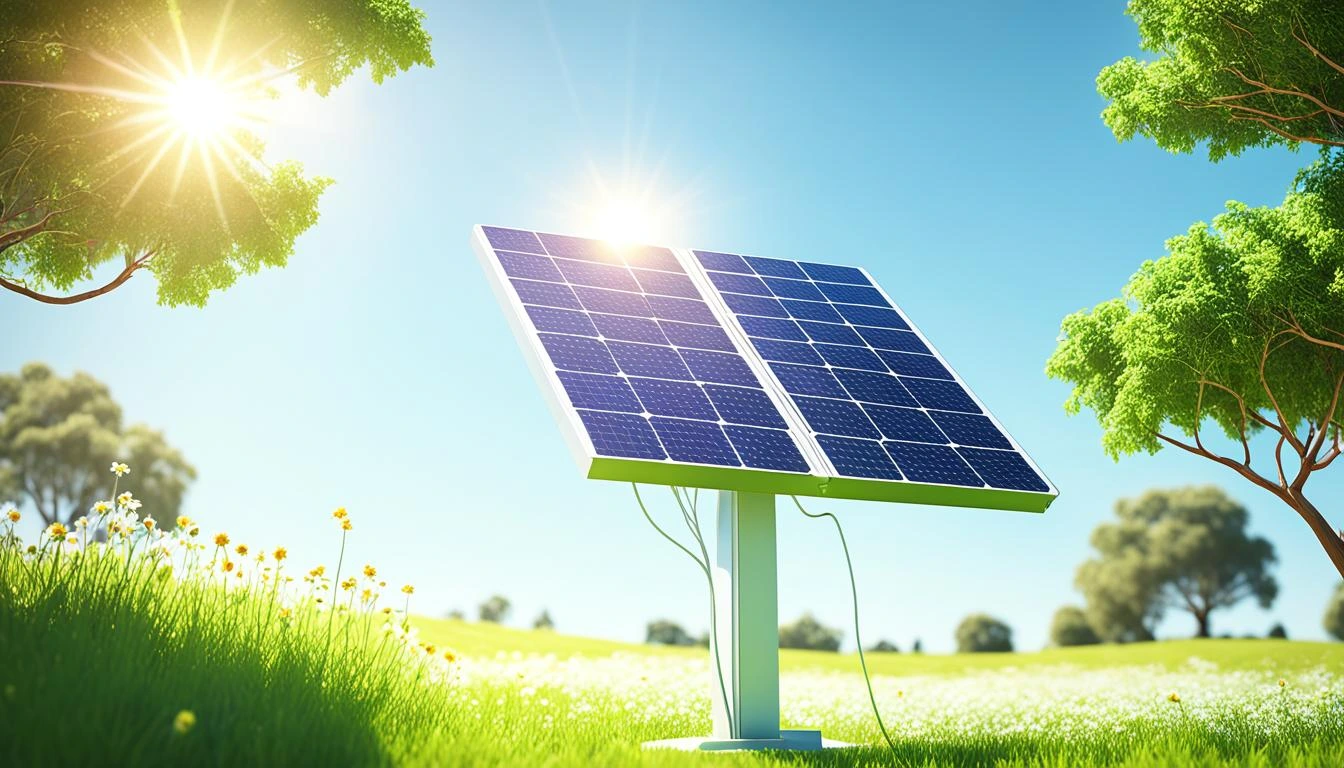Solar Power is a cornerstone of the Renewable energy future landscape, offering a sustainable, clean, and abundant source of energy that addresses many pressing challenges facing the world today. Here’s why solar power is poised to shape our future:
1. Renewable and Abundant Energy Source
- Solar energy is virtually limitless and available worldwide.
- The sun provides more energy to Earth in one hour than the world uses in an entire year.
2. Environmental Benefits of Renewable Energy Future
- Reduces Carbon Emissions:
- Solar power generates electricity without greenhouse gases, helping combat climate change.
- Minimizes Air and Water Pollution:
- Unlike fossil fuels, solar systems do not emit pollutants or require water for cooling.
- Sustainable Resource Use:
- Relies on the sun, which will last billions of years, unlike finite fossil fuels.
3. Cost-Effectiveness
- Falling Costs:
- The cost of solar panels and installations has dropped significantly, making solar energy more accessible.
- Low Operational Costs:
- Once installed, solar systems require minimal maintenance and no fuel costs.
- Energy Independence:
- Reduces reliance on imported energy, saving costs and increasing energy security.
4. Versatility and Scalability
- Applications Across Sectors:
- Solar power is used for homes, businesses, agriculture, transportation, and even space missions.
- Scalable Solutions:
- Works for small-scale applications (rooftop solar) and large-scale projects (solar farms).
- Off-Grid Potential:
- Brings electricity to remote and underserved regions.
5. Technological Advancements
- Efficiency Improvements:
- Advancements in photovoltaic (PV) technology are improving efficiency and affordability.
- Energy Storage Integration:
- Batteries like lithium-ion and emerging technologies enable solar power use at night or during cloudy days.
- Innovative Applications:
- Solar panels are being integrated into vehicles, clothing, and building materials.
6. Job Creation and Economic Growth
- The solar industry is a major driver of green jobs worldwide, from manufacturing to installation and maintenance.
- Encourages local economic development by reducing reliance on centralized power systems.
7. Addressing Global Energy Challenges
- Energy Access for All:
- Solar power is a lifeline for the 770 million people without electricity, particularly in rural and off-grid areas.
- Resilience to Natural Disasters:
- Solar microgrids can quickly restore power after disruptions.
- Supports Decentralization:
- Empowers individuals and communities to generate their own energy.
Solar Power in the Renewable Energy Future
- By 2050, solar energy is projected to be the largest source of global electricity, according to the International Energy Agency (IEA).
- Coupled with energy storage, it will enable a transition to 100% renewable energy systems in many regions.
- Innovations like solar hydrogen production, perovskite solar cells, and solar desalination hold immense promise for solving energy and water challenges.




